The 2024 Eu Arctic Forum And Indigenous Peoples' Dialogue
by Sabrina Heerema | Published: 21-May-24 | Last updated: 21-May-24 | Tags : | category:
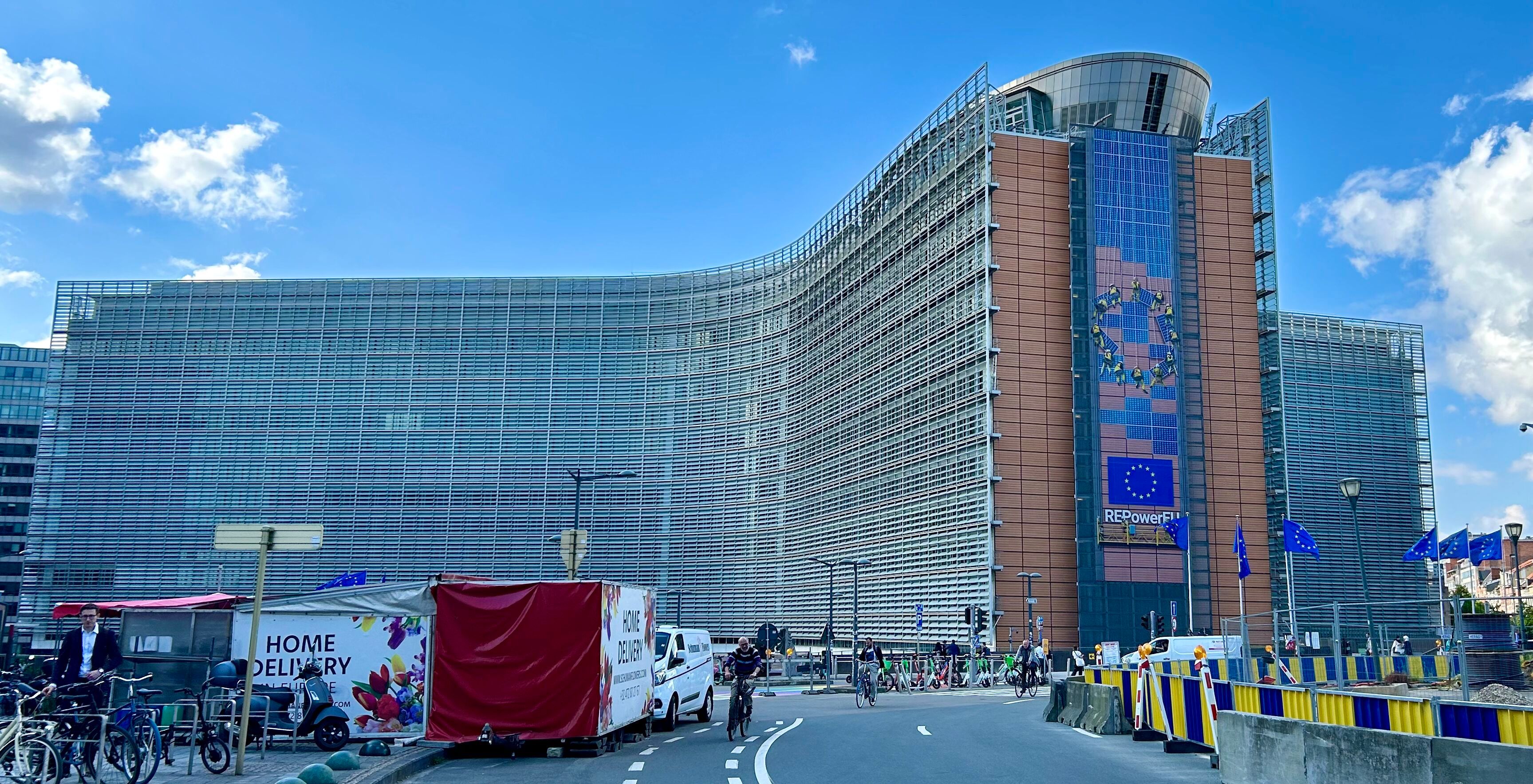
ECOTIP was fortunate to attend the 2024 EU Arctic Forum and Indigenous Peoples' Dialogue, which took place May 14th-15th in Brussels. Both ECOTIP and FACE-IT EU projects were on hand to disseminate new factsheets highlighting final results and produced jointly by ECOTIP, FACE-IT and CHARTER at the EU Polar Cluster booth and engage in discussions with the 300 event participants.
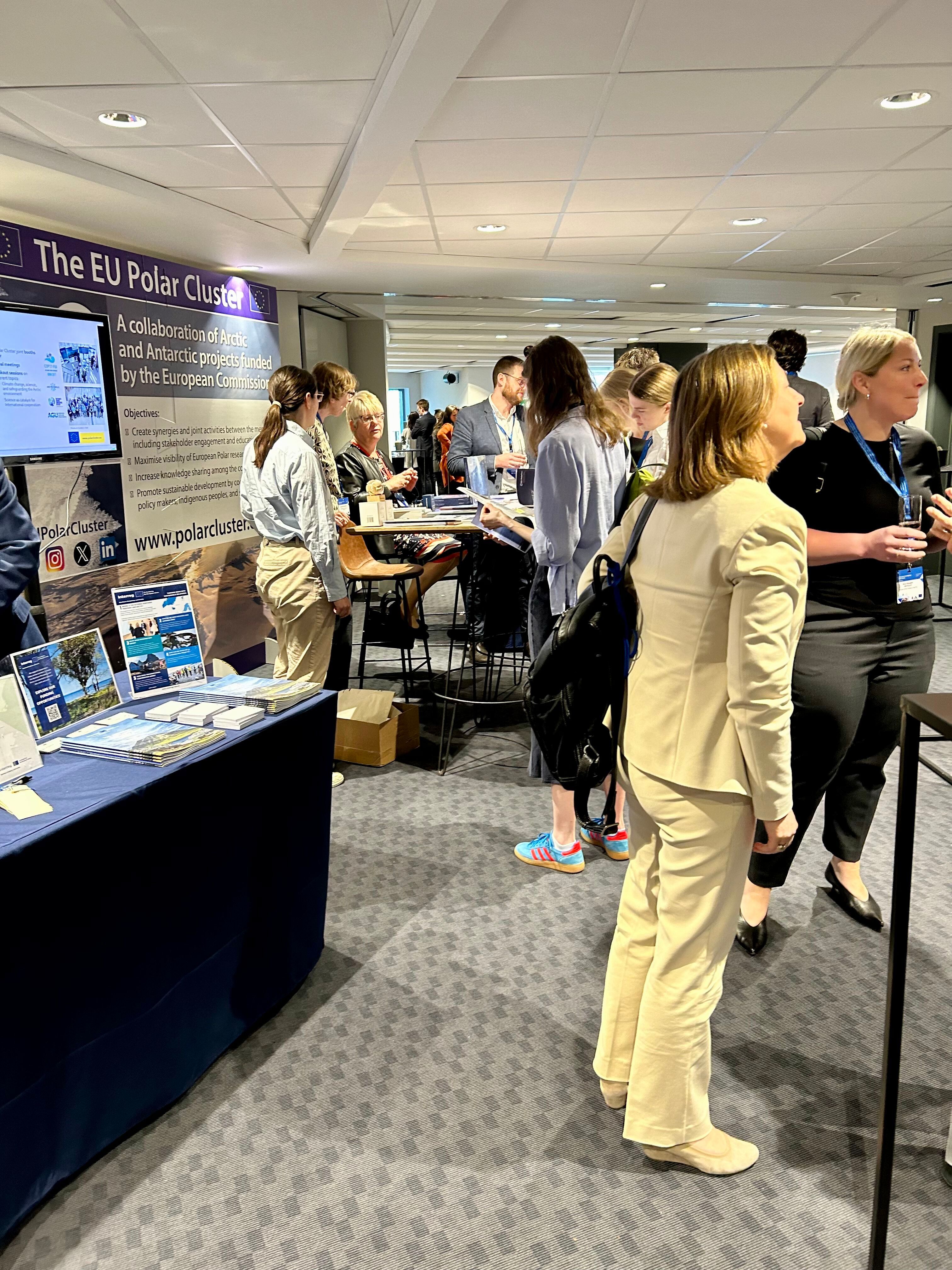
The event was livestreamed and you can watch the recordings here. Here is also an overall impression of the sessions and their highlights in the views of the author.
Day 1 included headlines such as
- The EU in the Arctic: an expanded outlook
- Thriving Arctic ecosystems
- The way forward for Arctic entrepreneurship and sustainability
- Emergency Management in the Arctic
- Research in and for the Arctic
Here, emphasis was laid on the importance of Horizon funding to development of the EU Arctic region, as well as the influence of the Green Shift. Notably, the EU Arctic Office in Nuuk, Greenland was launched in March 2024. However, this in acknowledgement that the Arctic is home to communities and that there is a need to link Indigenous Knowledge with science, and to increase Sámi capacity to influence the EU for a just transition. Some photos and statements of the speakers included:
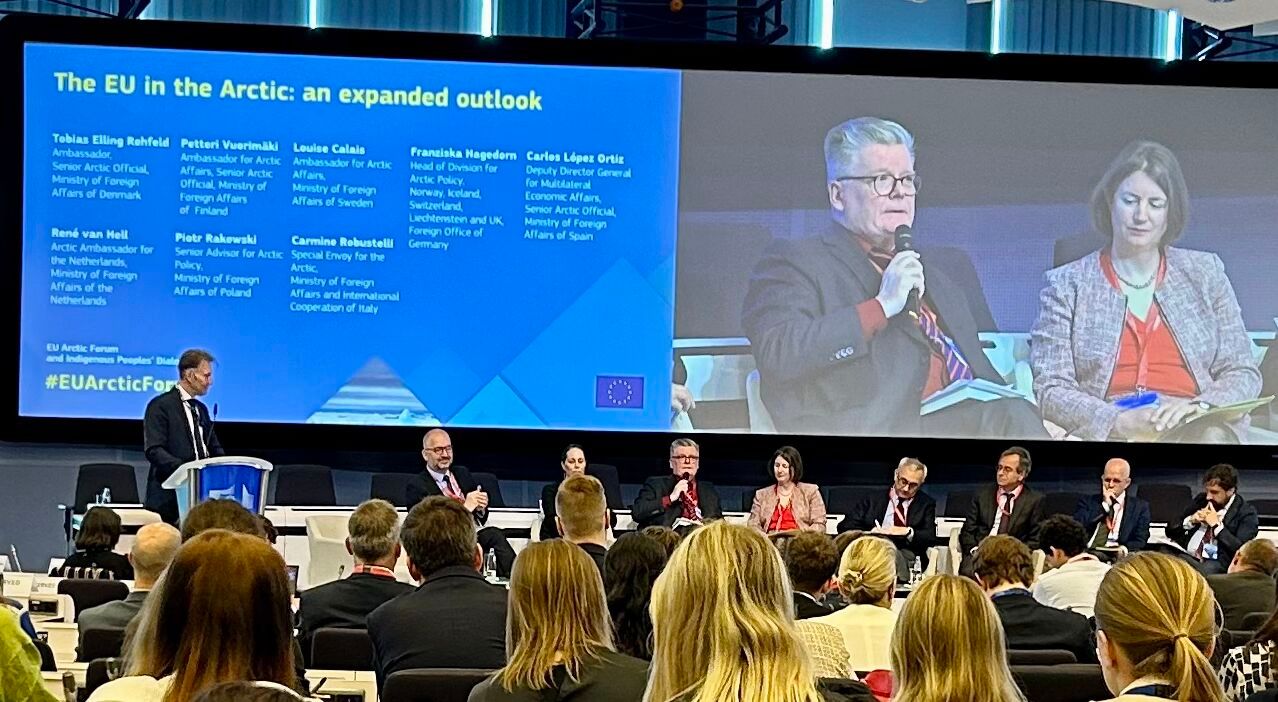
"We need science to understand what is happening in the Arctic" - Petteri Vuorimaki, Ambassador for Arctic Affairs, Senior Arctic Official, Ministry of Foreign Affairs of Finland
"Arctic Policy has to be backed by all who are living in the Arctic" - René van Hell, Arctic Ambassador, Ministry of Foreign Affairs of the Netherlands
"We need knowledge and understanding that can feed into the political debate" - Tobias Elling Rehfeld, Ambassador, Senior Arctic Official, Ministry of Foreign Affairs of Denmark
"You have to understand the nature you work in" - Olavur Gregersen, CEO, Ocean Rainforest
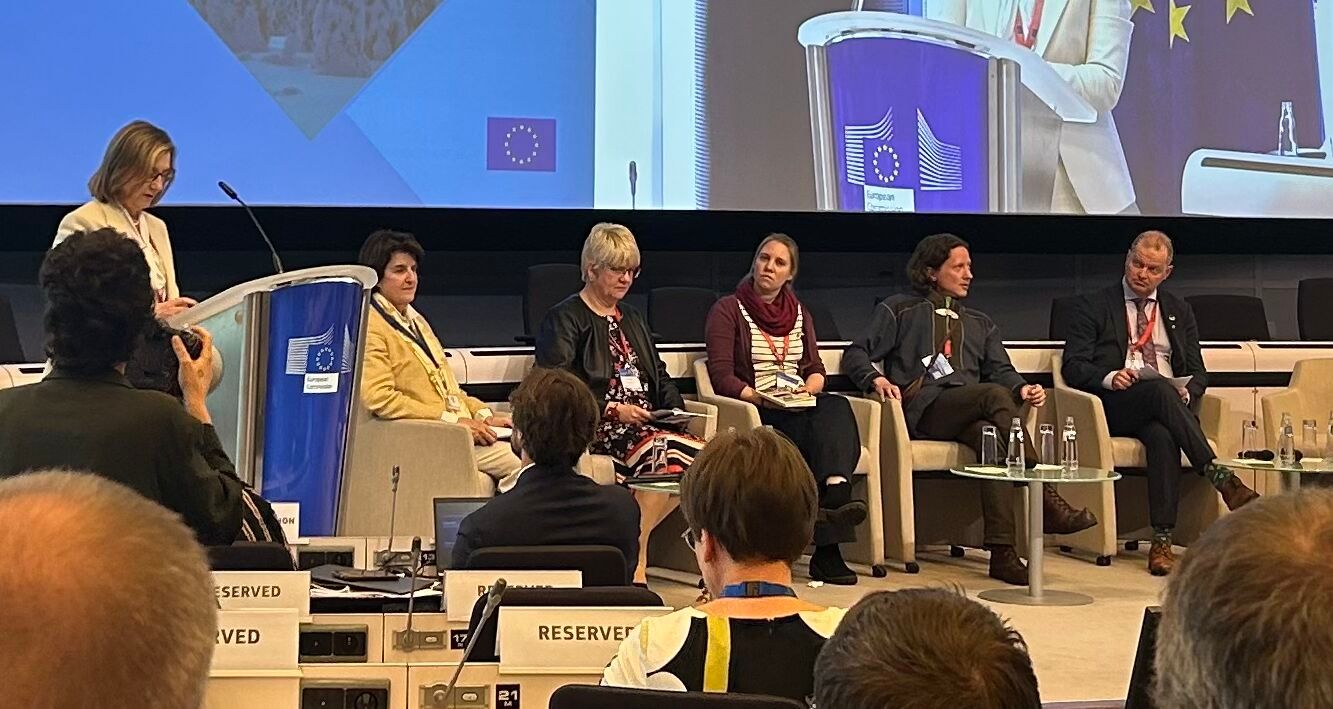
"Collaborating with Indigenous Knowledge holders can lead to better research outcomes" - Aslak Holmberg, President, Saami Council
served to strenghten the importance of our presence there and in disseminating the latest scientific research on Arctic biodiversity on land, coasts and in the ocean.
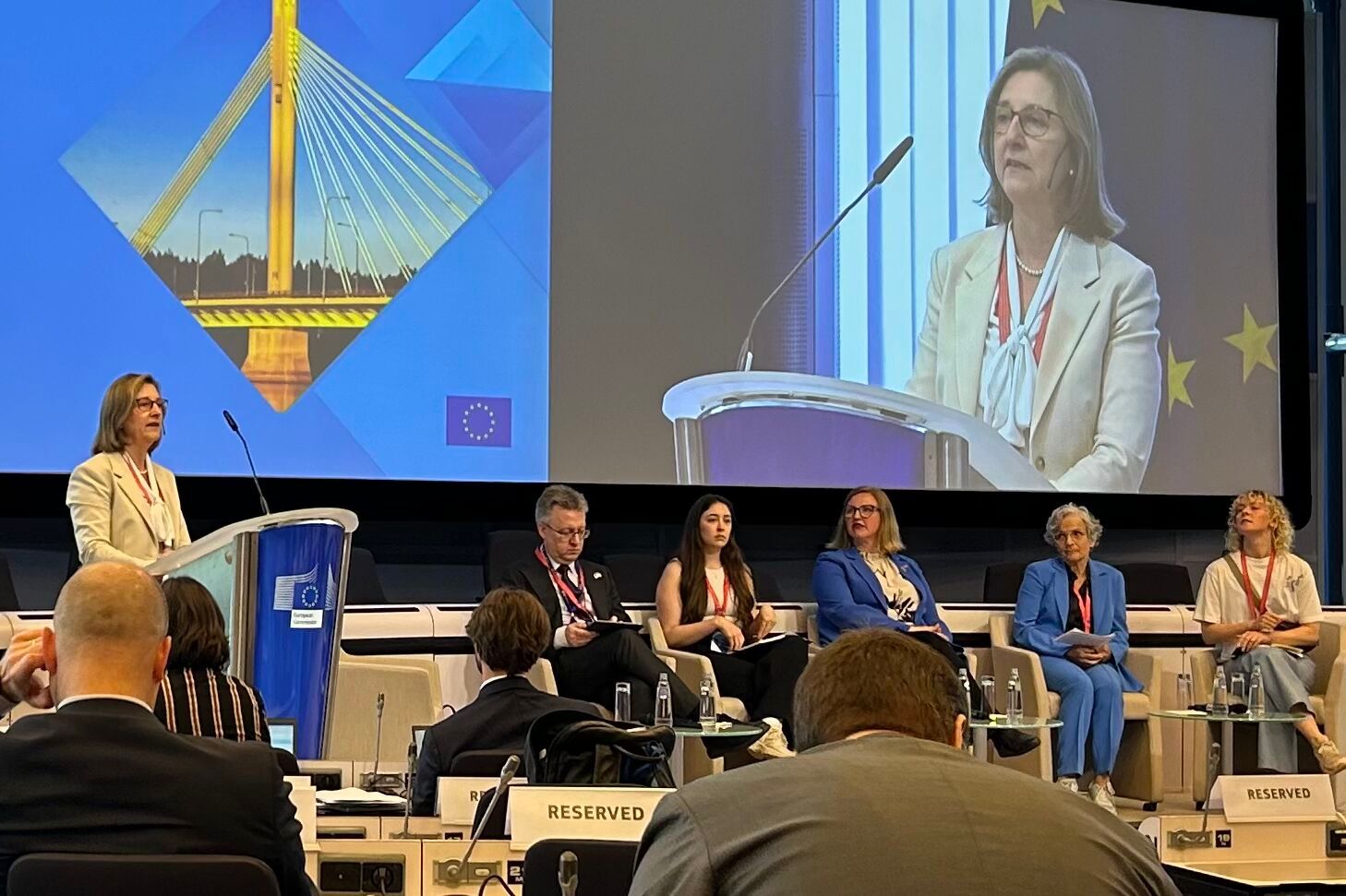
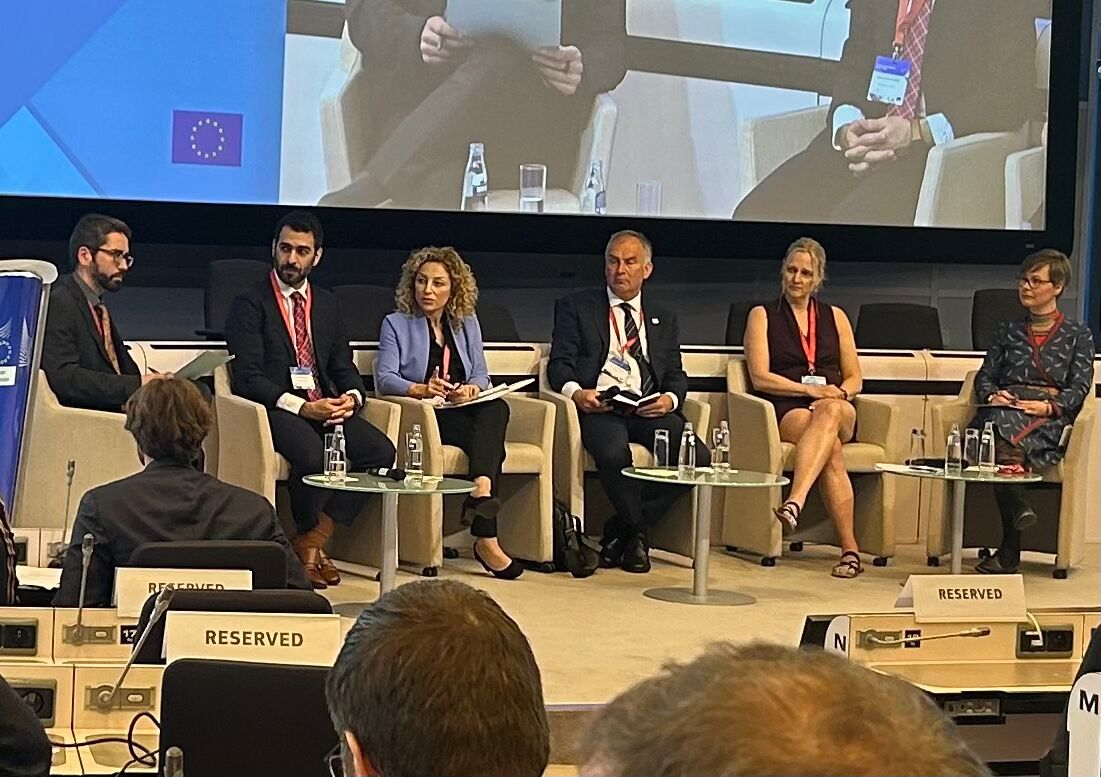
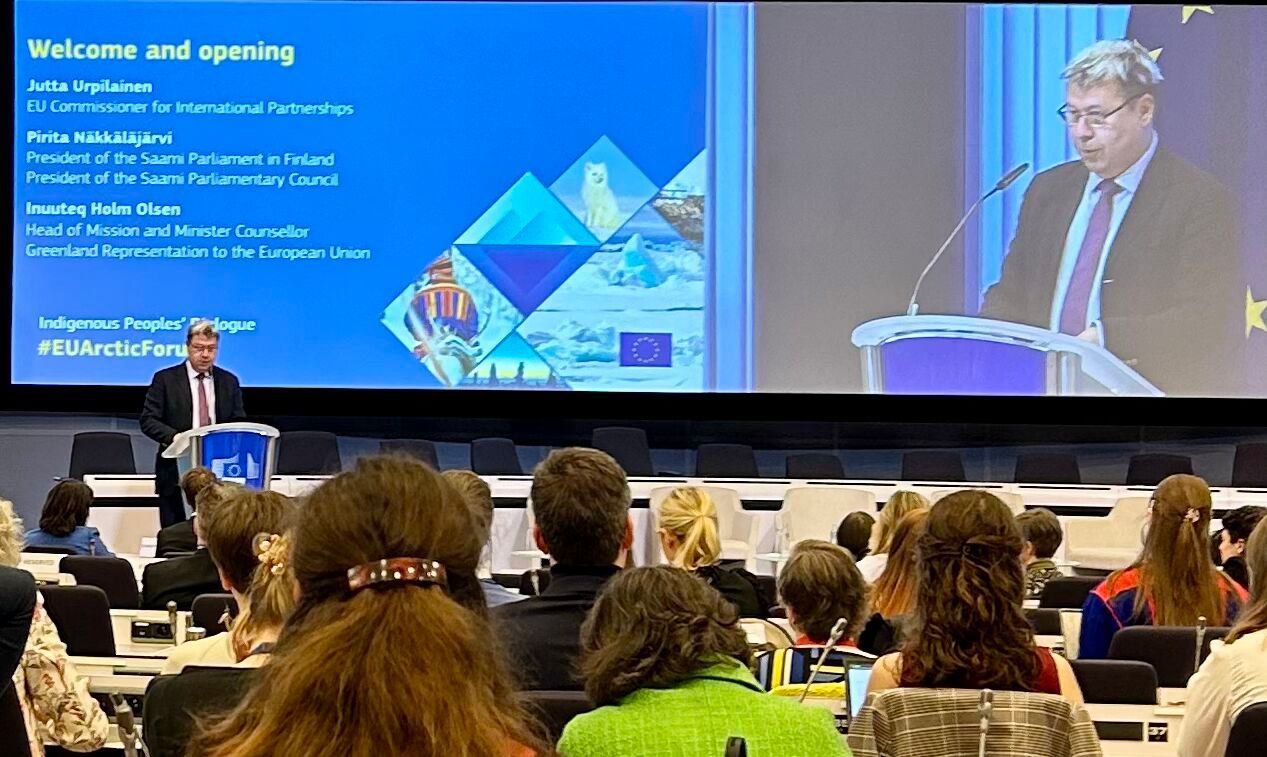
Day 2 included
- Diverse, Just and Inclusive Arctic Societies
- Resources in the Arctic
- Weaving indigenous and traditional knowledge into international processes
- The first EU Arctic Youth Dialogue from a youth perspective: Impressions, outcomes and policy recommendations
- Youth engagement in action
- Including youth recommendations in policymaking
- Conclusion: Dialogue with the youth - how can the EU ensure that youth recommendations developed during Arctic Youth Dialogues impact policies?
There was an emphasis on the need for Indigenous voices to lead the management of sustainable development, especially including Free, Prior, Informed Consent in order to avoid Green Colonialism, with reference to the known development catchphrase "nothing about us without us" and to regarding diversity as strength.
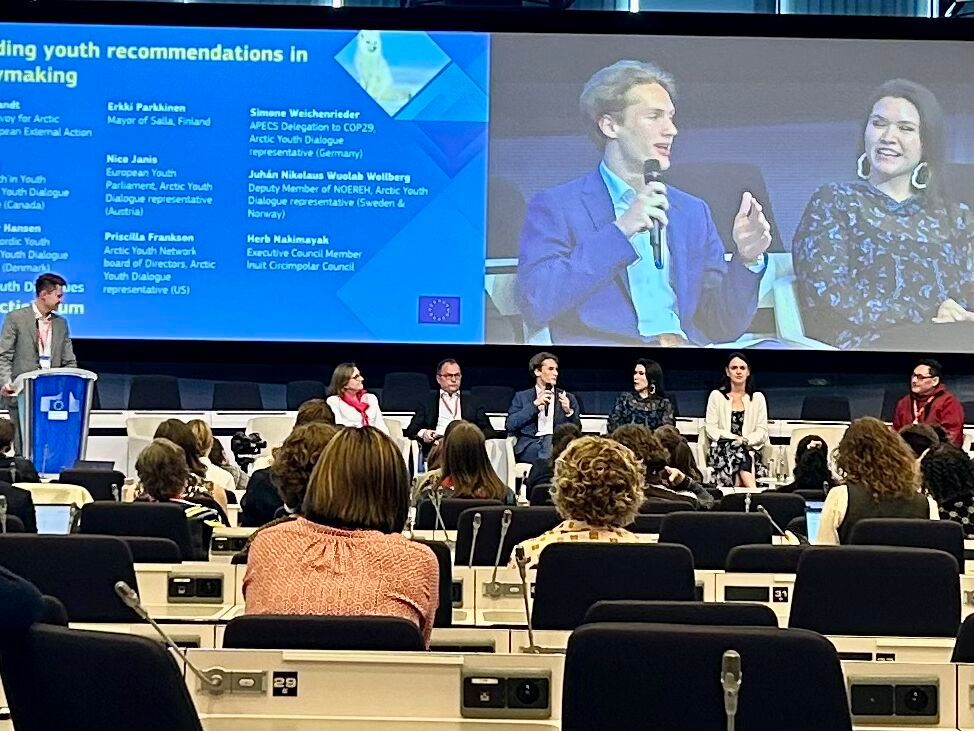
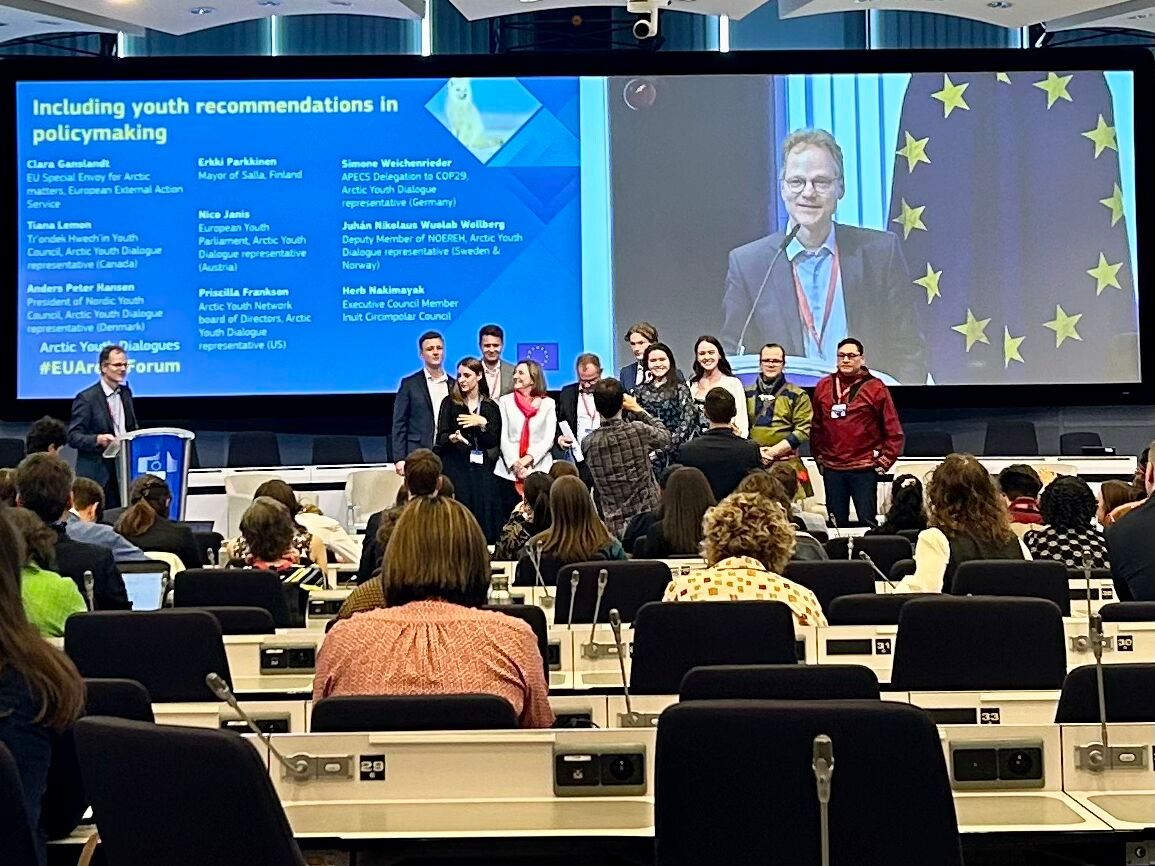
The main highlight of the event was the Youth Dialogue: the first of it's kind but leaving such a lasting impression that all were left wondering 'why only now?' Thankfully, it is a project that will last for at least another four years. The EU-Arctic Youth Dialogues are funded by the European Union as part of a large initiative, and organized and delivered by a consortium led by the WWF Global Arctic Programme (WWF Sweden), in cooperation with the Arctic Youth Network, the European Youth Parliament (Schwarzkopf-Stiftung Junges Europa) and its Norway Alumni Association, the Saami Council, Arctic Mayors’ Forum, Tromsø Kommune, the University of Tromsø, and the Association of Polar Early Career Scientists.
The Youth Dialogue used a very unique, interesting and effective approach in involving mainly youth representatives from every Arctic State in each session, as well as in moderating these, and included storytelling which was a very powerful way of connecting with each and every audience member present and presenting unique viewpoints and life experiences. The youth participants were also very talented public speakers.
For more photos and videos of the event, please look at the official event media on the homepage of the European Commission, or search #EUArcticForum or #IndigenousPeoplesDialogue on social media.
Photos: Sabrina Heerema
